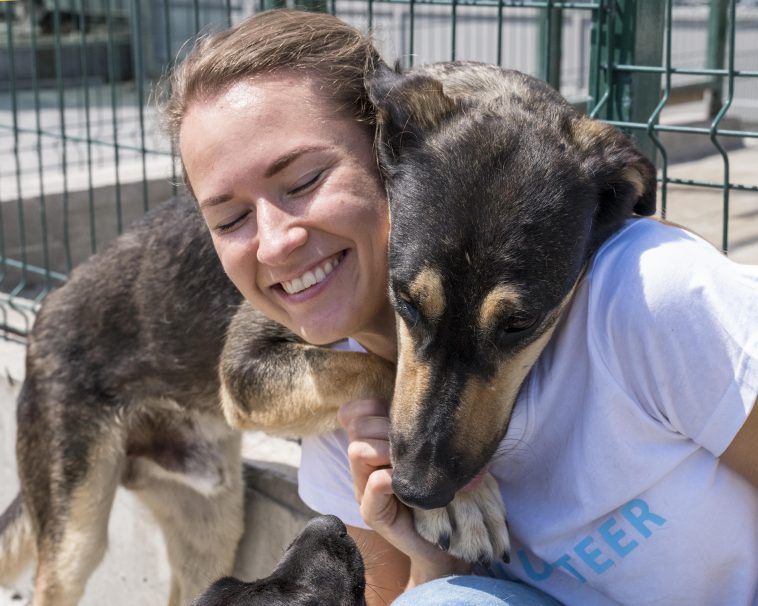Adopting a rescue dog is a profoundly rewarding experience. Not only do you gain a loyal and loving companion, but you also provide a deserving animal with a second chance at life. While rescue dogs can bring immense joy, their adoption comes with unique challenges and responsibilities. To ensure a successful transition and a happy life together, here are seven crucial tips every new pet parent should consider.

1. Understand the Commitment
Adopting a rescue dog involves a long-term commitment requiring time, patience, and financial resources. Many rescue dogs have experienced neglect, abuse, or abandonment, which may impact their behavior and health. Be prepared to invest extra time in training, socialization, and medical care to help your rescue dog adjust and thrive.
Key Points to Consider:
- Rescue dogs may need more patience and understanding due to past experiences.
- Ensure your lifestyle supports the needs of a dog, including daily exercise and companionship.
- Be financially prepared for potential medical expenses, as some rescue dogs may have existing health issues.
2. Research the Breed and Background
Understanding the breed characteristics of your rescue dog can help you anticipate their needs and behaviors. While many rescue dogs are mixed breeds, knowing the traits of possible breeds can guide you in providing appropriate care. Additionally, learning about your dog’s history can help you address any behavioral or health concerns.
Things to Research:
- Common traits and behaviors of the breed(s) your dog may have.
- The dog’s history, including any known medical conditions or behavioral issues.
- How to address specific needs related to the breed or background.
3. Prepare Your Home
Creating a safe and comfortable environment for your new rescue dog is crucial. Rescue dogs may be anxious or fearful in a new setting, so preparing your home can ease their transition and help them feel secure.
Steps to Take:
- Designate a safe space: Set up a quiet area where your dog can retreat if they feel overwhelmed, such as a crate or cozy corner with a bed and toys.
- Dog-proof your home: Remove hazards like toxic plants, small objects, and accessible electrical cords.
- Stock up on supplies: Ensure you have food, water bowls, a collar and leash, toys, and grooming tools.

4. Be Patient with the Adjustment Period
Every rescue dog adjusts to a new home at their own pace. Be patient and give your dog the time they need to settle in. Signs of stress, such as hiding or whining, are normal and usually improve as your dog becomes more comfortable.
Tips for Easing the Transition:
- Establish a routine: Consistency helps dogs feel secure, so set a regular schedule for feeding, walks, and bedtime.
- Give them space: Allow your dog to explore their new environment gradually without overwhelming them.
- Positive reinforcement: Reward calm behavior and positive interactions with treats and praise to build trust.
5. Prioritize Health and Wellness
A thorough health check from a vet should be one of your first steps after adopting a rescue dog. Ensure your dog is up-to-date on vaccinations, free of parasites, and in good overall health. Your vet can also provide guidance on breed-specific health concerns.
Health Considerations:
- Vaccinations and Preventatives: Ensure your dog is vaccinated against common diseases and protected from parasites.
- Spaying/Neutering: Discuss spaying or neutering with your vet, as it can prevent health issues and reduce behavioral problems.
- Diet and Nutrition: Work with your vet to select a high-quality diet tailored to your dog’s needs.
6. Invest in Training and Socialization
Training is essential for all dogs, especially for rescue dogs who may not have had proper training before. Basic obedience training and socialization will help your dog adapt to their new home and become well-adjusted.
Training Tips:
- Start with the basics: Teach essential commands like “sit,” “stay,” and “come” to help keep your dog safe and well-behaved.
- Positive reinforcement: Use treats, praise, and affection to reward good behavior. Avoid punishment, as it can increase fear.
- Enroll in a training class: Consider joining a basic obedience class for structured training and socialization opportunities.

7. Be Prepared for Challenges
Adopting a rescue dog can present challenges, but with patience and commitment, these can be overcome. Be ready to address behavioral issues and adapt to your dog’s needs as they adjust to their new life.
How to Handle Challenges:
- Seek professional help: If severe behavioral issues arise, consult a professional dog trainer or behaviorist experienced with rescue dogs.
- Stay committed: Building trust and a strong bond takes time. Don’t give up if your dog doesn’t immediately adjust.
- Celebrate progress: Recognize and celebrate every bit of progress your dog makes, no matter how small.
Conclusion
Adopting a rescue dog is a transformative experience that requires thoughtful preparation and dedication. By following these seven essential tips, you’ll be better equipped to provide a loving and supportive environment for your new furry friend. Despite the challenges, the rewards of giving a rescue dog a second chance at happiness are immense. With patience, love, and commitment, you’ll forge a bond that lasts a lifetime.


